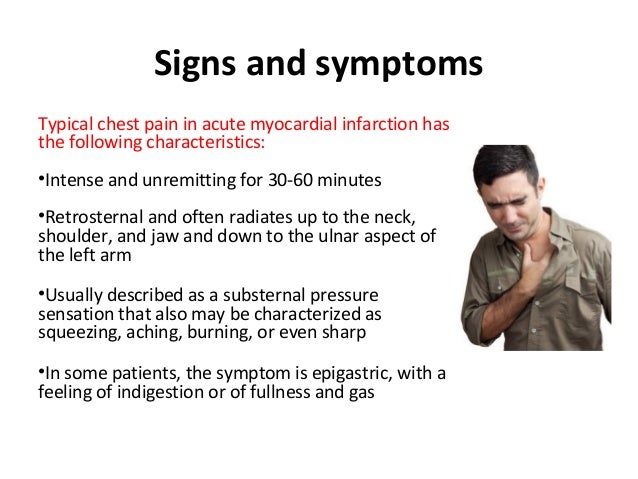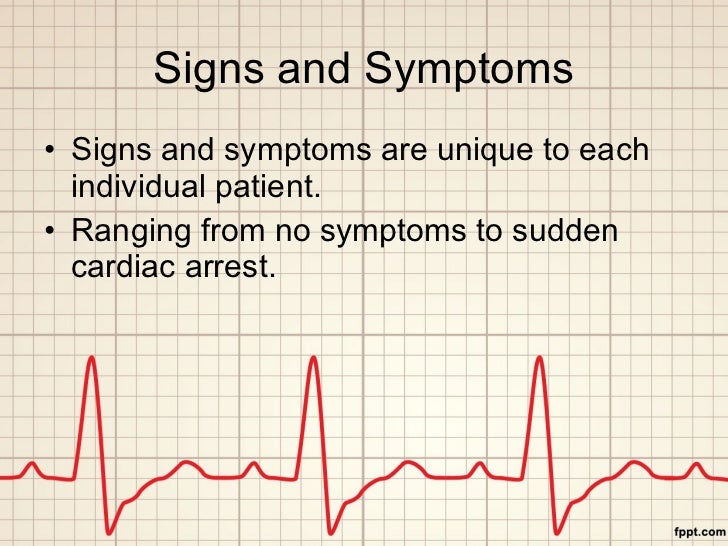What Can Be Expected After Treatment?
Your chances of recovering from a heart attack depend on how much damage there is to your heart and how quickly you receive emergency care. The sooner you receive treatment, the more likely you are to survive. However, if there’s substantial damage to your heart muscle, your heart may be unable to pump an adequate amount of blood throughout your body. This can lead to heart failure. Heart damage also increases your risk of developing abnormal heart rhythms, or arrhythmias. Your risk of having another heart attack will be higher as well.
Many people who’ve had heart attacks experience anxiety and depression. It’s important to speak with your doctor about your concerns during recovery. It may also be beneficial to join a support group or to speak with a counselor about what you’re going through.
Most people are able to resume their normal activities after a heart attack. However, you’ll need to ease back into any intense physical activity. Your doctor will help you develop a specific plan for recovery. You may be required to take medications or undergo a cardiac rehabilitation program. This type of program can help you slowly regain your strength, teach you about healthy lifestyle changes, and guide you through treatment.: Prevention
How Can Acute Myocardial Infarction Be Prevented?
There are many steps you can take to prevent a heart attack, even if you’ve had one before.
One way to lower your risk is to eat a heart-healthy diet. This diet should largely consist of:
You should also reduce the amount of the following in your diet:
This is especially important for people with diabetes, high blood pressure, and high cholesterol.
Exercising several times a week will also improve your cardiovascular health. If you’ve had a heart attack recently, you should speak with your doctor before starting a new exercise plan.
It’s also important to stop smoking if you smoke. Quitting smoking will significantly lower your risk of a heart attack and improve both your heart and lung health. You should also avoid being around secondhand smoke.











